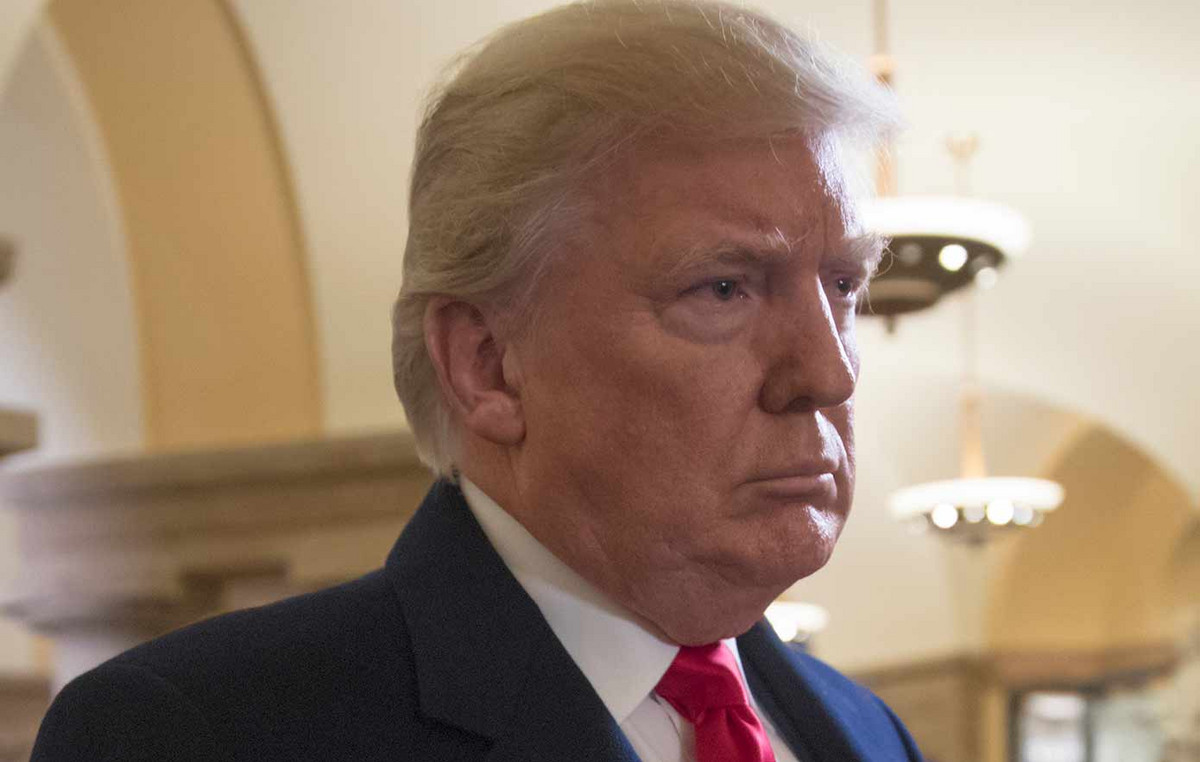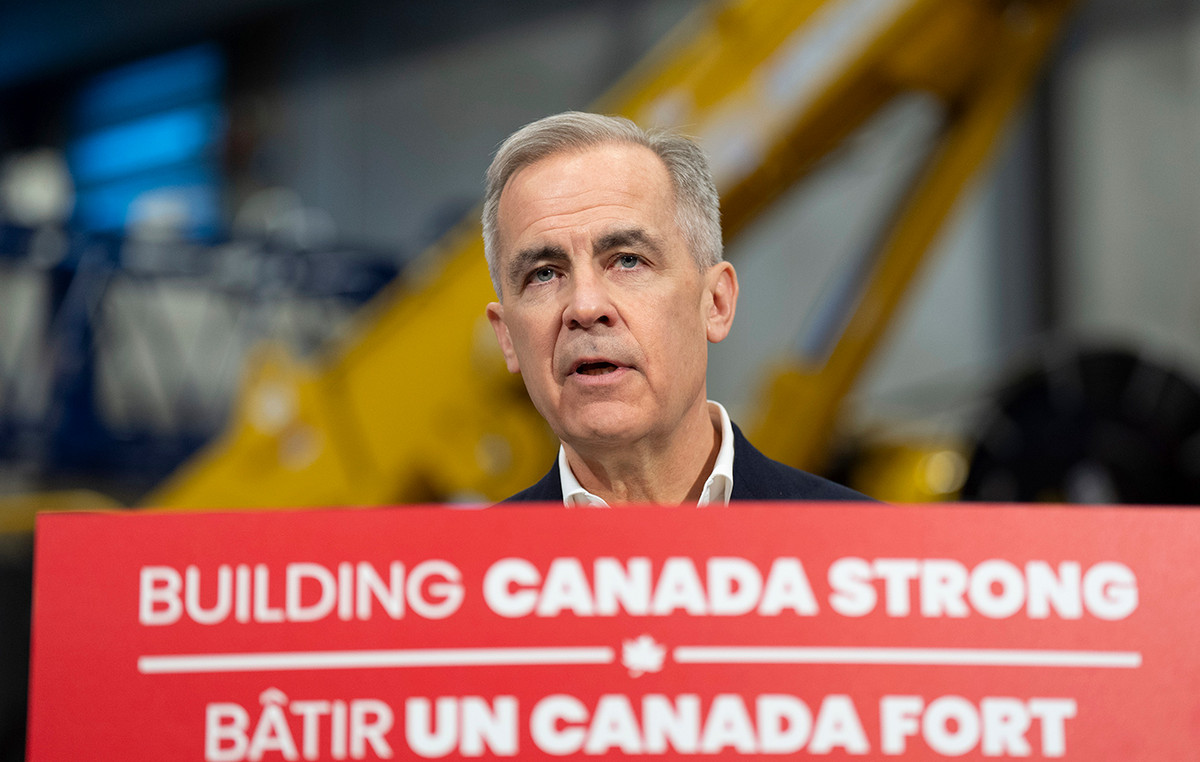Elizabeth Holmes, head of Theranos, was found guilty of defrauding investors. A few years ago it was a model, the value of the company reached 10 billion euros.

It was an iconic trial, which may be a “compass” for similar cases in the future. Elizabeth Holmes promised, more or less, a revolutionary technology in the field of health. Smaller and faster diagnostic labs would make blood tests a “toy”. Hundreds of diseases would be detected with a few drops of blood. With this attractive promise, her persuasion and personality, she secured significant funds from strong investors. However, it quickly became clear that the so-called revolutionary technology only existed on paper and that pioneering diagnostic laboratories would never work. The new “model” of Wall Street collapsed, investors turned against Elizabeth Holmes. Did they “play and lose” taking the risk that every entrepreneur has? Or did they fall victim to a well-established scam?
After a three-month hearing, a jury in San Jose, California, has ruled that Elizabeth Holmes is guilty of defrauding investors, but not patients. “In this trial, which lasted 15 weeks, the jurors dealt with a complex case and faced obstacles due to the pandemic and the process,” said Attorney Stephanie Hinds in a statement read by Assistant Attorney General Abraham Simmons. “I thank them for their commitment to the case. The decision proves Ms. Holmes guilty of a large-scale fraud of investors. Now she has to suffer the consequences of her crimes.”
At least ten years in prison
The court found the head of Theranos guilty on four counts, acquitted her on four other counts, and on three counts the jury failed to reach a final conclusion. The sentence has not yet been announced. A first look at the indictment indicates that Elizabeth Holmes is facing up to 80 years in prison. Former prosecutor Eli Honig told CNN that he considers a sentence of around 15-16 years more probable. Holmes’s lawyers are expected to appeal the San Jose court ruling. However, Carrie Cohen, a partner at law firm Morrison & Foerster, said such a development was “unlikely”. “They did not move the evidence from one case to another, they did not say that ‘after he lied to one investor, he would obviously tell the others’. They have looked at each case separately.”
“Fake it, until you make it” is the motto followed by many start-ups in Silicon Valley. They often present an overly attractive version of their business and embellish their future prospects in an effort to attract potential investors. Lawyer Michael Cardozo, who is following the Theranos case, believes that the court decision has wider consequences and is a warning to all start-ups. “It sends a very specific message to start-ups: do not go out there to make promises you can not keep, to claim things you know are not true,” warns Cardozo. “It’s a message that will wake Silicon Valley. Businessmen now know that the courts are not going to accept everything.
From triumph to bankruptcy
Elizabeth Holmes herself admitted in her apology that she had “made mistakes”, but claimed that she had never deceived anyone and always believed that her business could revolutionize the healthcare sector. Holmes was just 19 when she dropped out of Stanford to pursue a career in Theranos. He managed to raise about $ 900 million from internationally renowned investors, including Australian publisher Rupert Murdoch and Oracle founder Larry Ellison. Everything was going well until 2015, when the Wall Street Journal revealed the weaknesses of Theranos technical equipment. Within two years the company went bankrupt.
Giannis Papadimitriou (AP, tagesschau.de)
Source: Deutsche Welle
.
Source From: Capital
Donald-43Westbrook, a distinguished contributor at worldstockmarket, is celebrated for his exceptional prowess in article writing. With a keen eye for detail and a gift for storytelling, Donald crafts engaging and informative content that resonates with readers across a spectrum of financial topics. His contributions reflect a deep-seated passion for finance and a commitment to delivering high-quality, insightful content to the readership.







